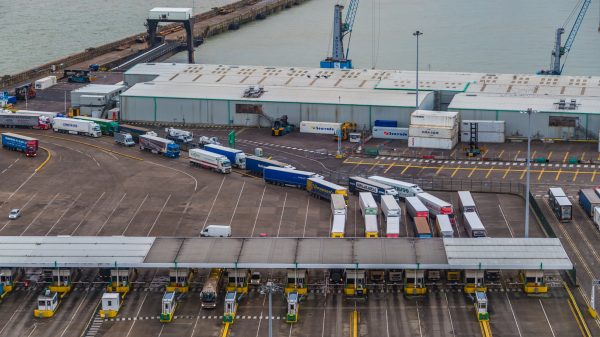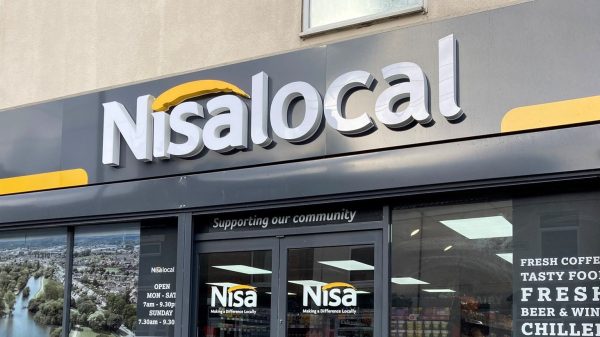Getir and Gorillas are launching Europe’s biggest store network for ultrafast grocery delivery, and will now serve customers in the UK, Germany and the Netherlands.
The new combined store network will be the largest in the European ultrafast grocery delivery industry, and will provide an improved assortment of both brands to best meet customer’s daily needs.
The launch is the result of a fast and efficient integration process between the two companies, that started with the acquisition of Gorillas by Getir at the end of 2022.
Subscribe to Grocery Gazette for free
Sign up here to get the latest grocery and food news each morning
The quick commerce pioneer currently operates in nine countries worldwide, and recently reached a milestone of over one million meals donated from its stores to local charities via giving platform, Neighbourly.
The combination of Getir and Gorillas’ store network is currently taking place across the different markets where both brands operate, and it will reportedly take a couple of months to be fully completed.
Both delivery brands say that this process may result in the closing of some stores. To avoid the impact of any such closures a variety of measures are to be put in place, including offering the option for employees to relocate to remaining stores.
“Since the acquisition, we have had one clear goal in mind: Getir and Gorillas – stronger and better together,” regional general manager of Getir, Turancan Salur said.
“Today’s announcement exemplifies how leveraging the synergies of both organisations can lead to not just the biggest and most efficient store network for ultrafast grocery delivery, but also one that will significantly increase the product range and service quality for our customers.
“It is also a testament to the great work of our team, who have been able to achieve this milestone in just a few months time.”











1 Comment. Leave new
Nonsense.
They are banned in the Netherlands, and they went bust in the UK months ago.
They have been paying for false stories of aquisitions and expansions for years, but all they did was make it look like they had a viable business to get funding , before going bust and swallowing up all the funding they recieved from investors.